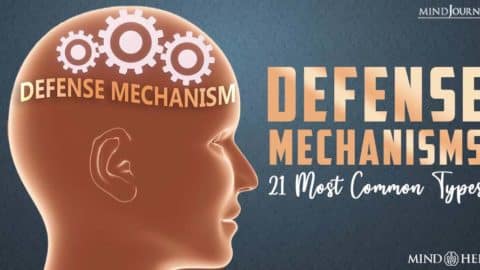Mental Health News: Researchers at Yale University School of Medicine found that neurons important for memory and cognition in the growing old brains are vulnerable to Alzheimer’s illness due to a “leak” in calcium storage.
There is a bulk of research highlighting how Alzheimer’s attacks neurons in aging people. However, it was unclear to date why only a particular type of neurons are susceptible to ravages of Alzheimer’s illness.
The new research published in the journal Alzheimer’s & Dementia, The Journal of the Alzheimer’s Association, finally revealed that vulnerable neurons present in the prefrontal cortex undergo disruption in calcium storage with advancing age. The neuronal calcium leakage in turn causes the accumulation of phosphorylated, or modified, tau proteins which trigger the neurofibrillary tangles in the mind, which is the hallmark of Alzheimer’s Disease.
Such modifications happen slowly, taking few years, and can be seen within neurons in the very old monkeys’ brains according to researchers.
Besides leaking calcium in neurons, another event that occurs in aging brains is the loss of protein calbindin, which is a key regulator of calcium signaling. This protein protects neurons from calcium overload and is abundant in the neurons of young brains. Thus, calcium leak and loss of protectant are the two attacks that neurons face with age. In short, neurons “eat” themselves from within.
The research has important implications in understanding the pathology to slow or prevent Alzheimer’s disease progression.
For More Information, You May Refer To:
Datta, D., Leslie, S. N., Wang, M., Morozov, Y. M., Yang, S., Mentone, S., Zeiss, C., Duque, A., Rakic, P., Horvath, T. L., Dyck, C. H., Nairn, A. C., & Arnsten, A. F. (2021). Age‐related calcium dysregulation linked with tau pathology and impaired cognition in non‐human primates. Alzheimer’s & Dementia. https://doi.org/10.1002/alz.12325





Leave a Reply
You must be logged in to post a comment.